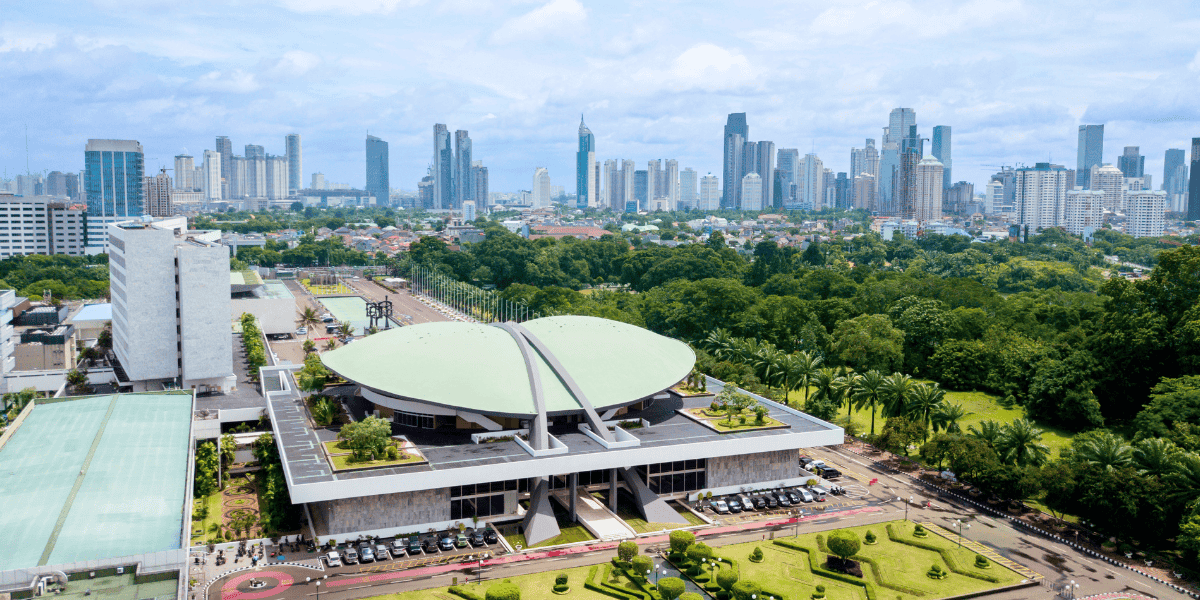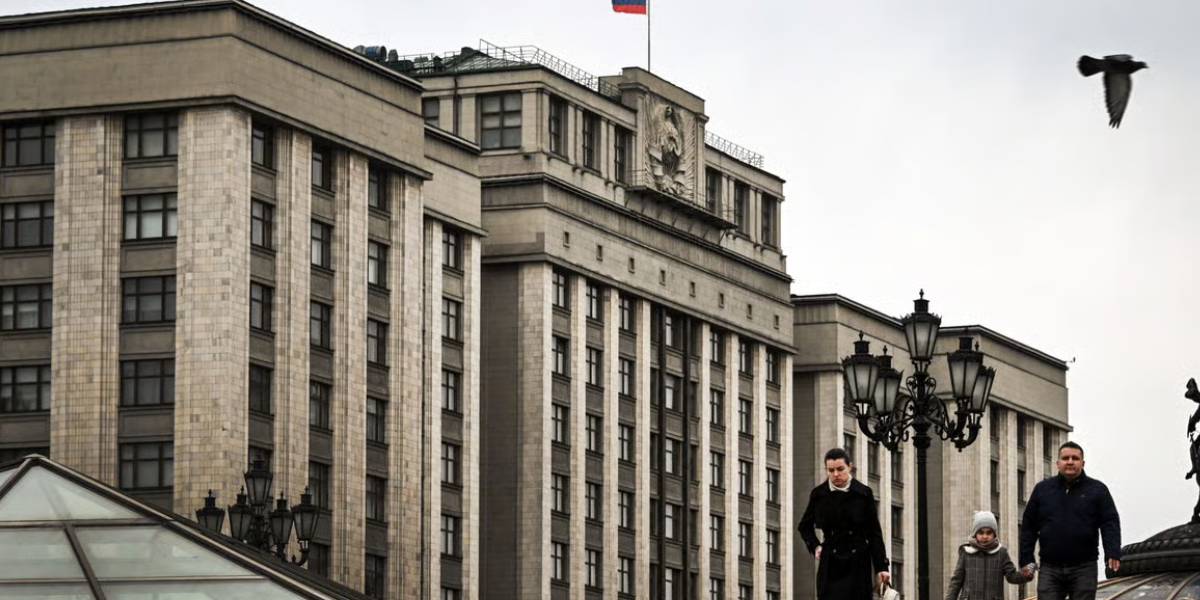The new era of income tax treatment of benefits and in-kind in Indonesia is marked by the issuance Law of The Republic of Indonesia Number 7/2021 concerning Harmonization of Tax Regulations (HPP Law). Amendments to the Income Tax Law contained in the HPP Law stipulate that benefits and in-kind become taxable income for the recipient and deductible expense for the payer.
Benefits and in-kind are considered as compensation in the form of right to use a facility and/or service and in the form of goods other than money.
In accordance with the mandate of the HPP Law, provisions regarding the imposition of income tax for reimbursement and compensation in benefits and in-kind have been in force since the HPP Law came into effect. However, the Indonesian government has just issued secondary regulations in the form of Government Regulation (PP) 55/2022 on December 20, 2022, and Minister of Finance Regulation (PMK) 66/2023 on June 27, 2023, as a subordinate legislation of the PP.
In general, HPP Law regulates 5 (five) types of benefits and in-kind that are exempt from taxable income, namely food and beverage for all employees, benefits and in-kind in certain areas, benefits and in-kind that must be provided for work implementation, benefits and in-kind that originate from the state budget (APBN/APBD/APBDes), as well as benefits and in-kind with certain types and restrictions.
PMK 66/2023 provides legal certainty regarding applying Income Tax of benefits and in-kind for all stakeholders. This regulation specifies benefits and in-kind that are exempt from taxable income, the imposition of deductible expense of benefits and in-kind, the valuation procedure, as well as the administrative provisions.
In addition, PMK 66/2023 also provides equal treatment and optimization of taxable income in the form of benefits and in-kind received by service providers who are not in an employee-employer relationship, for instance, endorsement services performed by influencers on social media.
The application of income tax treatment of benefits and in-kind is based on the principle of equality. This principle encourages that rewards received in the form of benefits and in-kind need to be equally treated as rewards received in the form of money. Income received either in the form of money or in the form of benefits and in-kind is essentially an additional economical capability for the recipient. The existence of an equal tax treatment is expected to actualize the justice in tax collection by minimizing tax evasion.
The application of benefits and in-kind tax takes into account reasonable value received by employees. As stipulated in PMK 66/2023, there are certain types and restriction values of benefits and in-kind that are exempt from taxable income, as follows:
- Food/beverage that are provided for all employees at the workplace without any value restrictions, while meal coupons for out-of-office employees (including in the form of reimbursement for food/beverage expenses) are limited to maximum of IDR 2.000.000 per person per month or the equivalent provided at the workplace (whichever higher);
- Benefits and in-kind related to work safety, health, and safety standards including uniforms, employee transfers, work safety equipments, medicines/vaccines related to a pandemic without any value restrictions;
- Facilities, infrastructure, and facilities for employees and their families who work in certain areas including remote areas include facilities, infrastructure and housing facilities, health services, education, transportation, and sports without any value restrictions;
- Gifts for religious holidays include Eid al-Fitr, Christmas, Seclusion Day, Wesak Day, and Chinese New Year without any value restrictions, while gifts other than religious holidays are limited to maximum of IDR 3.000.000 per person per year;
- Work equipments and facilities such as laptops, computers, cellphones, credit, and the internet without any value restrictions;
- Health and medical service facilities in handling accidents at the workplace, work-related diseases, emergencies, and their follow-up treatment without any value restrictions;
- Sport facilities other than golf, horse racing, power boating, gliding, and automotive are limited to maximum of IDR 1.500.000 per person per year;
- Communal housing facilities (dormitories etc) without any value restrictions, while non-communal housing facilites (apartment/house rental) are limited to maximum of IDR 2.000,000 per person per month.
- Vehicle facilities are not subject to income tax if the employee/beneficiary is not a shareholder and the gross income of the employee should not exceed IDR 100.000.000 per month.
- Contribution facilities to pension funds borne by employers for employees.
- Religious facilities, among others are in the form of prayer rooms, mosques, chapels, or temples which are intended solely for worship activities.















